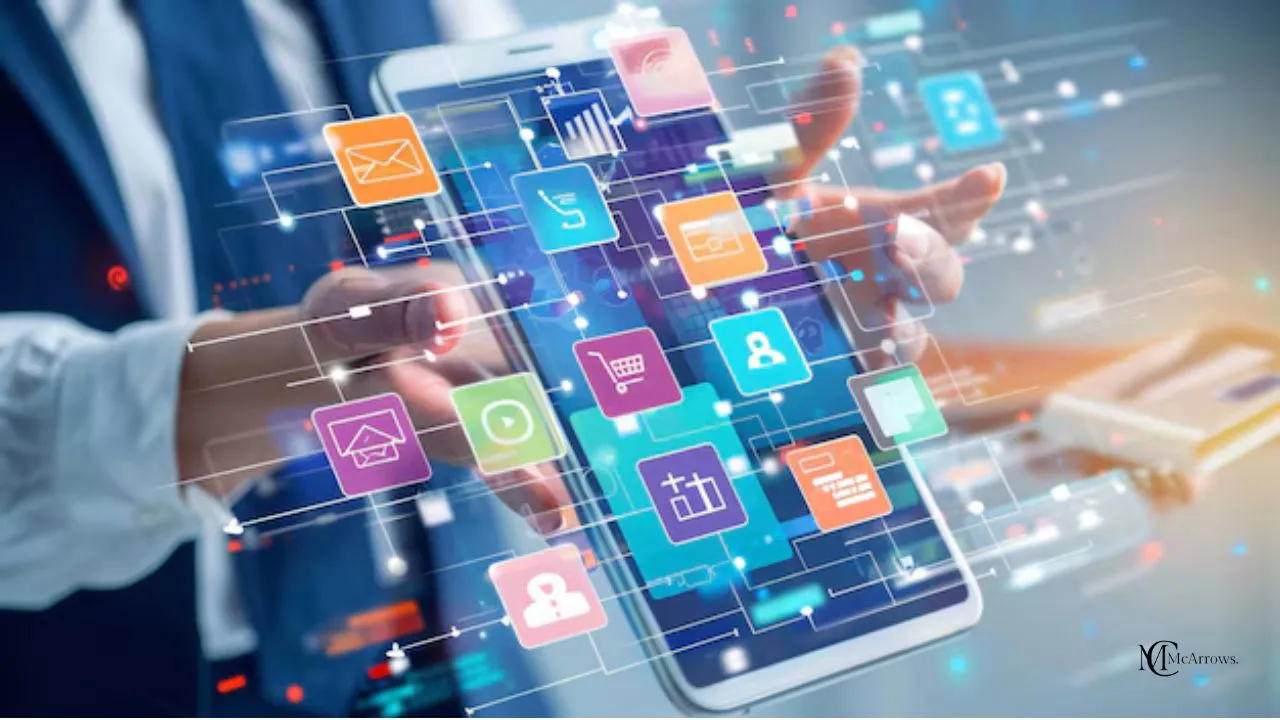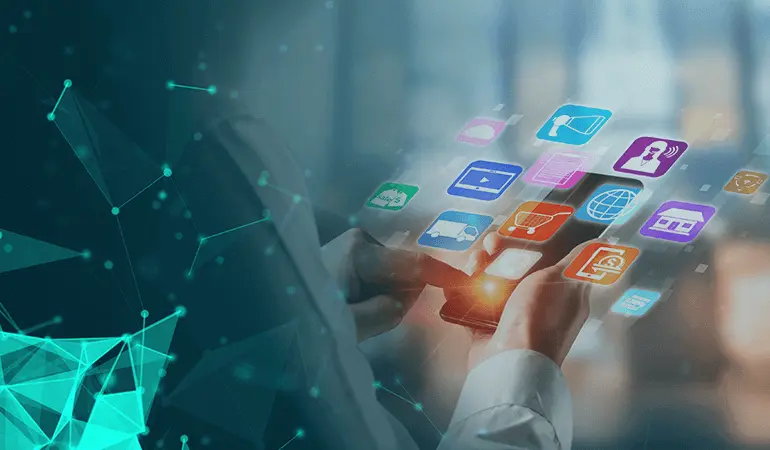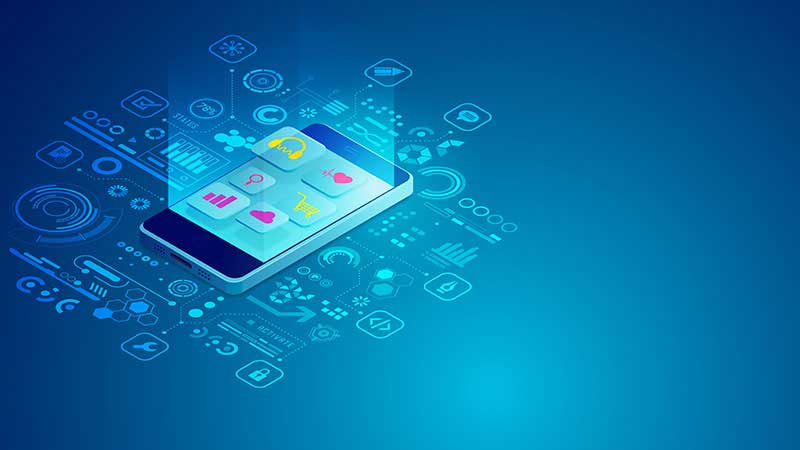As technology continues to evolve, so does the field of software development. In 2024, several exciting trends are shaping the way developers approach creating, maintaining, and improving software applications. From the rise of artificial intelligence to cloud-native technologies, staying updated with these trends will help developers, businesses, and tech enthusiasts stay competitive in the fast-moving software industry. Below are the top 9 software development trends of 2024 that are expected to dominate the tech landscape.
Table of Contents
1. AI and Machine Learning Integration
Artificial intelligence (AI) and machine learning (ML) are continuing to revolutionize software development in 2024. AI-powered tools are making development processes more efficient by automating coding, testing, and debugging. ML algorithms are being integrated into applications for personalized user experiences, predictive analytics, and advanced decision-making processes. AI-powered code generators like GitHub Copilot are increasingly being used to assist developers, speeding up coding by suggesting snippets and auto-generating boilerplate code.
Impact: Software becomes smarter, more intuitive, and adaptive to user behavior.
2. High Performance and Native Experience
Low-code and no-code development platforms are gaining traction in 2024, allowing users to create applications with minimal coding. These platforms simplify the development process by providing drag-and-drop tools and pre-built components, enabling business users, marketers, and non-developers to create functional applications. They speed up the software development lifecycle by reducing manual coding efforts, making them ideal for rapid prototyping, internal tools, and even fully-fledged applications.
Impact: Faster development cycles, democratizing app creation by allowing non-technical users to participate in development.
3. Cloud-Native Development
Cloud-native development is becoming the norm in 2024. It involves building applications specifically for cloud environments, utilizing microservices, containerization (via platforms like Docker and Kubernetes), and serverless architectures. This approach enables software to be highly scalable, resilient, and flexible, making it easier to deploy updates and manage resources effectively. Cloud-native development also integrates seamlessly with DevOps practices, allowing for continuous delivery and automation.
Impact: Enhanced scalability, faster deployment, and cost-efficiency through optimized use of cloud infrastructure.
4. Blockchain and Decentralized Applications (dApps)
Blockchain technology is not just for cryptocurrencies anymore. In 2024, blockchain is making its mark in software development, particularly in the areas of security, transparency, and decentralized applications (dApps). These applications run on decentralized networks rather than centralized servers, offering improved security, privacy, and immutability. Blockchain’s potential in areas like secure digital identity, smart contracts, and decentralized finance (DeFi) is leading to its increased adoption in various sectors.
Impact: Enhanced security and transparency in applications, particularly in finance, healthcare, and supply chain industries.
5. Edge Computing
Edge computing is seeing significant growth in 2024, as companies seek to bring computation and data storage closer to the location where it’s needed. Rather than relying entirely on centralized cloud data centers, edge computing allows for data to be processed locally at the “edge” of the network. This results in faster data processing, reduced latency, and improved performance for real-time applications such as IoT devices, autonomous vehicles, and smart cities.
Impact: Improved responsiveness, real-time data processing, and reduced bandwidth usage for connected devices and applications.
6. DevOps and DevSecOps Automation
DevOps practices are well-established, but in 2024, the focus is shifting toward DevSecOps, which integrates security into every phase of the software development lifecycle. Automating DevOps and DevSecOps processes—such as Continuous Integration (CI), Continuous Delivery (CD), and security testing—ensures faster, more secure software releases. With cyber threats on the rise, embedding security early in the development process is crucial to avoiding vulnerabilities later on.
Impact: Faster, secure, and more reliable software deployment, with security checks integrated seamlessly into development pipelines.
7. Progressive Web Apps (PWAs)
Progressive Web Apps (PWAs) continue to gain popularity in 2024 as a hybrid solution between web and mobile applications. PWAs offer the best of both worlds, delivering a mobile-app-like experience through the browser while using less storage and offering faster load times. PWAs are also more cost-effective to build compared to native apps and can work offline, improving accessibility in areas with limited internet access.
Impact: Enhanced user experiences with faster, lightweight apps that work across platforms and devices.
8. Quantum Computing
Although still in its infancy, quantum computing is making headlines in 2024 for its potential to solve complex problems much faster than classical computers. Quantum algorithms could revolutionize industries like cryptography, materials science, logistics, and financial modeling by performing computations that are currently impossible or take too long with traditional computing power. Major tech companies, including Google and IBM, are investing heavily in quantum research, with some early applications starting to emerge.
Impact: Game-changing solutions to complex computational problems in fields like cryptography, pharmaceuticals, and finance.
9. Sustainability and Green Software Development
With growing environmental concerns, sustainability has become a key focus in software development in 2024. Green software development aims to create energy-efficient applications that consume fewer computing resources and minimize their carbon footprint. Developers are focusing on optimizing code, reducing energy consumption in data centers, and utilizing cloud services that rely on renewable energy. This shift toward sustainability is being driven by both regulatory pressures and consumer demand for environmentally responsible products.
Impact: Reduction in energy consumption, carbon emissions, and a focus on developing eco-friendly applications.
Conclusion
The software development landscape in 2024 is marked by innovation, automation, and a focus on performance, security, and sustainability. Trends like AI integration, cloud-native development, and blockchain are making software smarter, faster, and more secure. Simultaneously, low-code platforms and DevSecOps automation are transforming how teams work, making the process more efficient and accessible. Developers who embrace these trends will be well-positioned to meet the challenges and opportunities of the coming years.
FAQs
1. What is the biggest trend in software development for 2024?
AI and machine learning integration are among the biggest trends in 2024, with AI-driven automation playing a crucial role in speeding up development and enhancing software capabilities.
2. What is cloud-native development?
Cloud-native development refers to building applications specifically for cloud environments, using technologies like microservices, containers, and serverless architectures to achieve scalability, flexibility, and speed.
3. Why are low-code platforms important in 2024?
Low-code platforms are becoming essential as they allow faster application development, even for users without extensive coding knowledge, enabling businesses to respond quickly to market needs.
4. How does blockchain impact software development?
Blockchain technology enhances security and transparency, making it valuable for decentralized applications (dApps), secure identity management, and smart contracts in industries like finance and healthcare.
5. What role does sustainability play in software development?
Sustainability is growing in importance, with developers focusing on creating energy-efficient software, reducing the carbon footprint of applications, and using green cloud services to meet environmental demands.

CEO, McArrows
Leverages over seven years in tech to propel the company forward. An alumnus of Purdue and Amity, his expertise spans IT, healthcare, aviation, and more. Skilled in leading iOS and backend development teams, he drives McArrows’ technological advancements across diverse industries.








